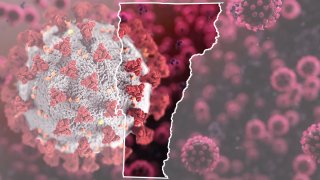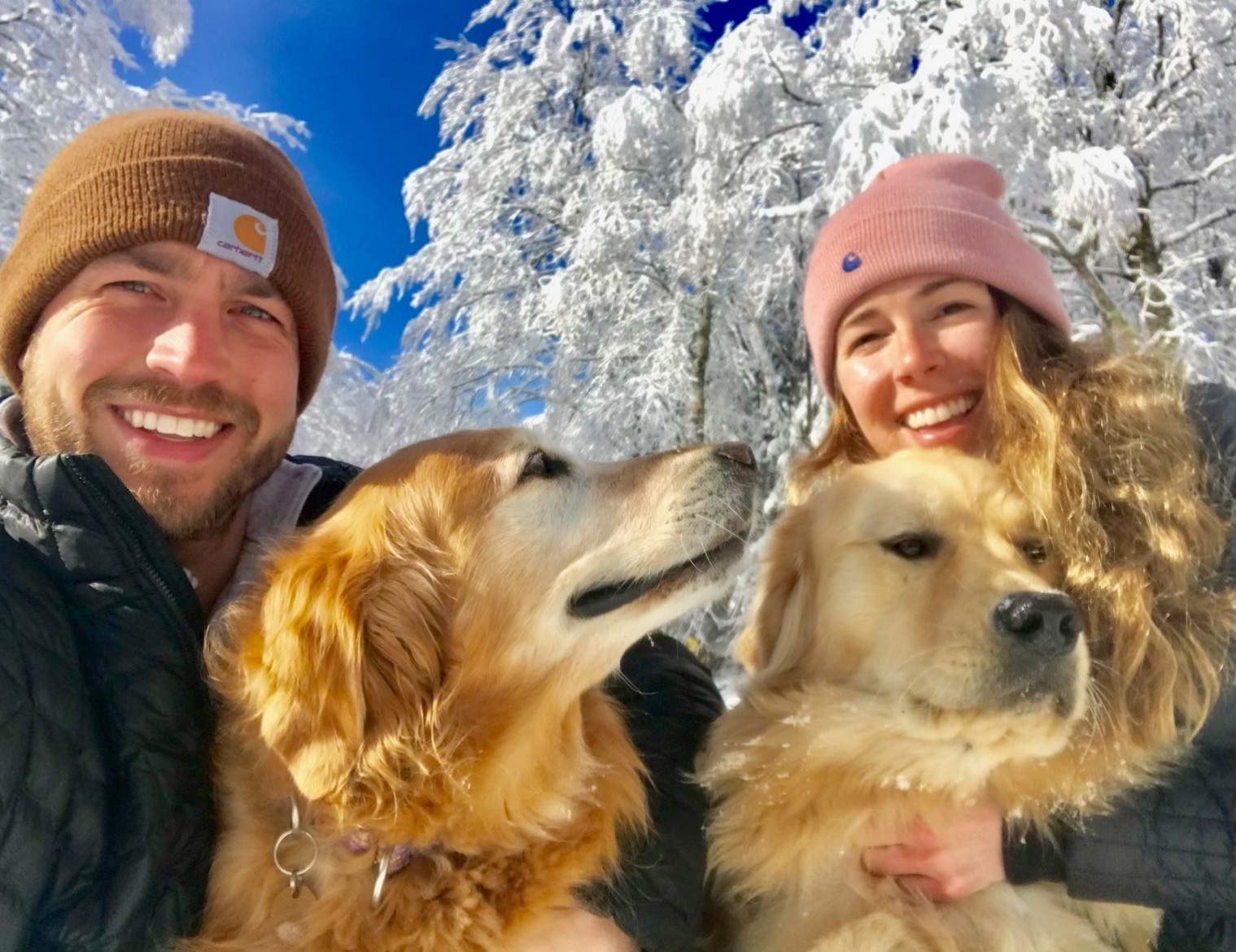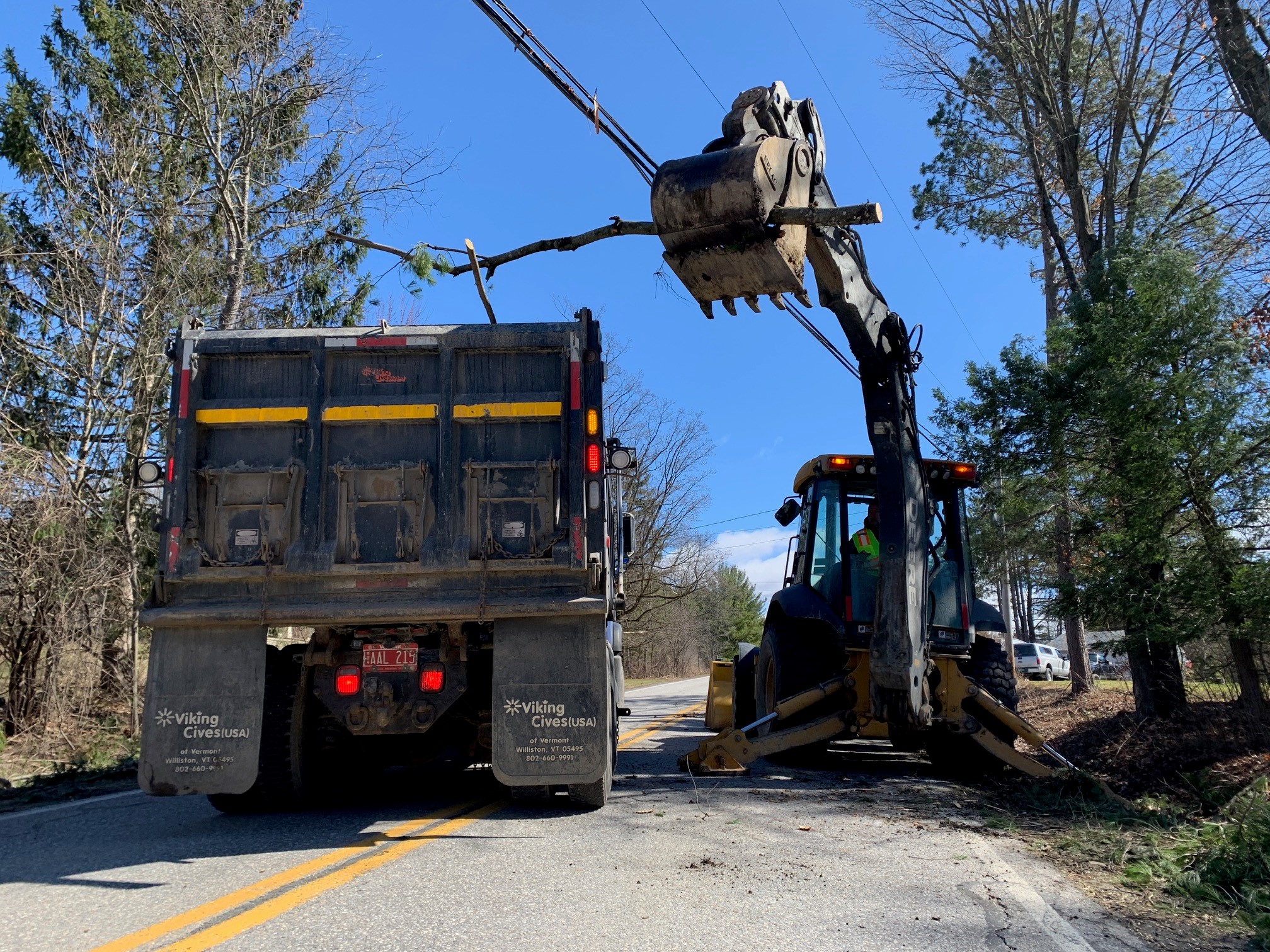
Vermont officials are urging the state’s residents who are eligible to get vaccinated against the virus that causes COVID-19, but they are also asking people to keep up with the measures designed to slow the spread of the virus.
The Tuesday call came as Vermont continues to set or approach records for the number of new cases of the virus. But deaths and hospitalizations are down because many older Vermonters, those most vulnerable to death and serious consequences of COVID-19, have been vaccinated.
Many of those new cases are among young people who are less likely to suffer serious consequences or death from COVID-19.
“The key to ending the pandemic is for all of us to get vaccinated,” said Mike Pieciak, the Vermont commissioner of Financial Regulation who has been monitoring the COVID-19 statistics during the pandemic. “This individual action will have a significant collective impact.”
Get New England news, weather forecasts and entertainment stories to your inbox. Sign up for NECN newsletters.
But it will be some time before all Vermonters can be vaccinated.
“People are sick of life in a pandemic, plain and simple,” Vermont Health Commissioner Dr. Mark Levine said during Tuesday’s regular virus briefing. “That’s been true for awhile, of course, but our strides in vaccination, the beginning of spring and hope for the future may be enticing us to take increasing risks.”
On Friday, Vermont set its single-day record for new cases and, for the week ending March 29, Vermont came within two cases of its one-week record.
Vermont leads the nation for the percentage of the population age 65 and over who are partially or fully vaccinated against COVID-19 and new cases are down 118% in that age group compared to the first week in January. But there has been a 34% increase in cases between people aged 10 to 38.
The current vaccination schedule allows people over age 50 to be vaccinated against COVID-19. On Monday, the age will drop to 40, with all Vermonters over age 16 eligible on April 19.
The vaccines have not been approved for use in children.
Levine said the state was expanding vaccine eligibility to include parents caring for children at home with serious medical conditions.
The state is also opening up vaccinations on Thursday to all members of Vermont’s community of Black, indigenous and people of color over age 16 who are more likely to suffer severe consequences from COVID-19 and who are less likely to be vaccinated. About 20.2% of the Vermont BIPOC community has been vaccinated while the rate for non-Hispanic whites is 33.4%, Levine said.
“It is unacceptable that this disparity remains for this population,” Levine said.



